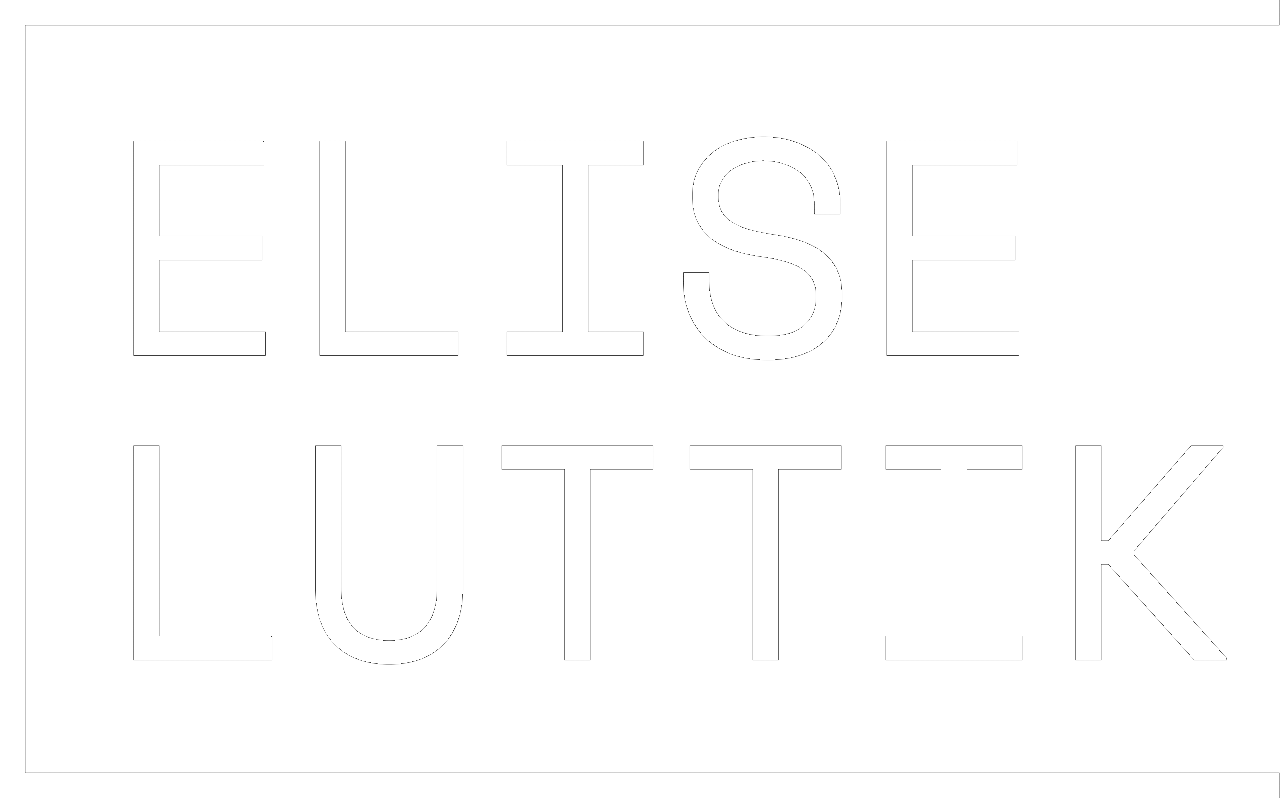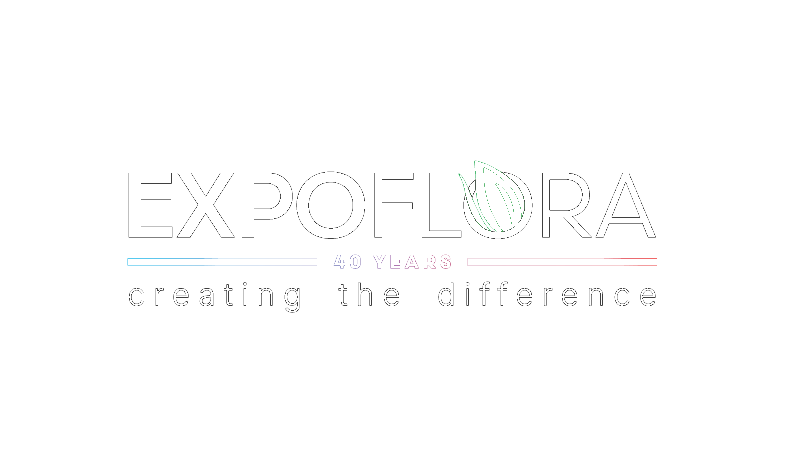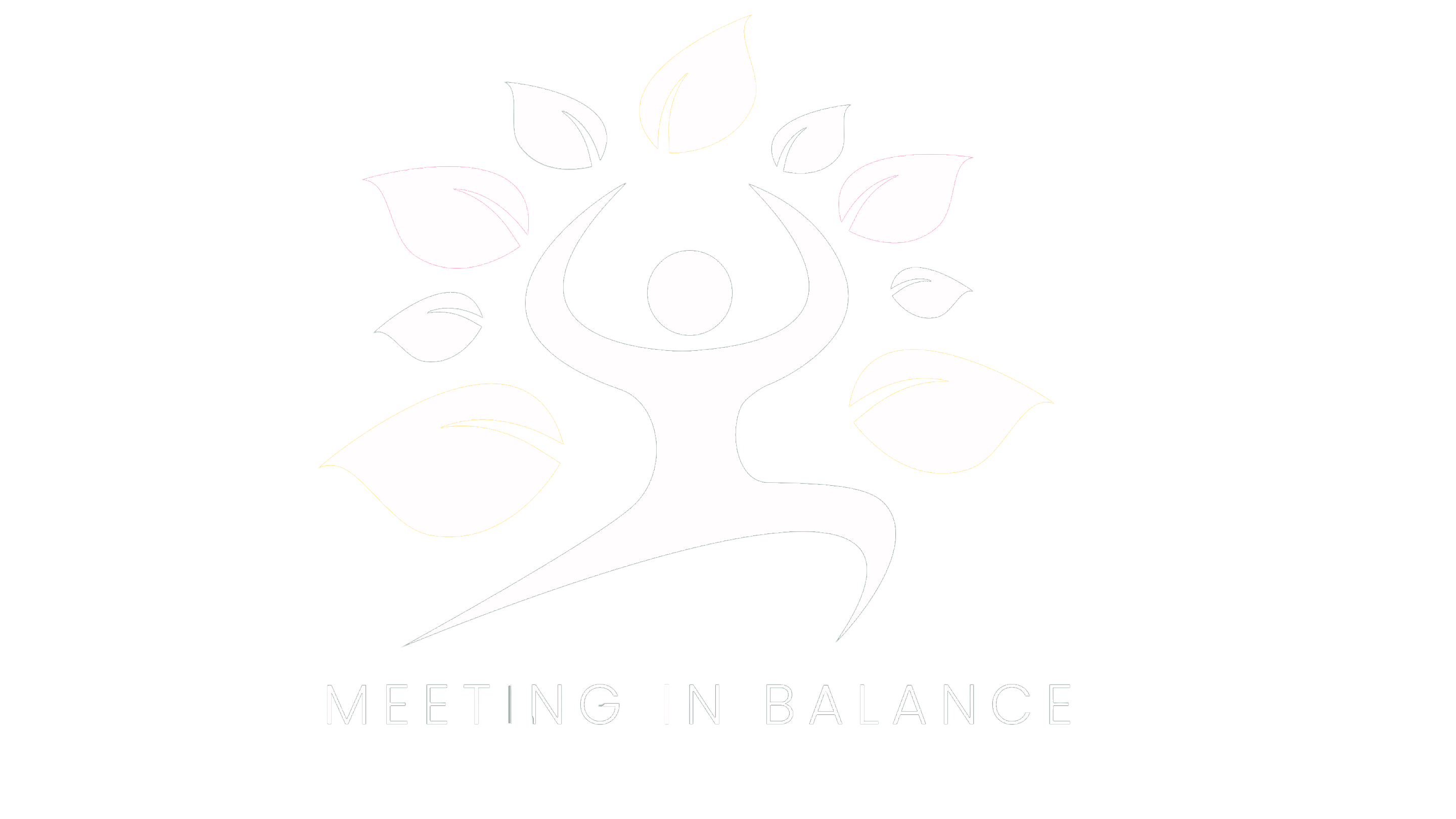The Hotelier Edit: Marco Lemmers, CEO of Conscious Hotels
)
Eco-Sexy is the trademark of Conscious Hotels, a collective of Hotels and Restaurants that combines stylish design and playfulness with sustainability. We met with the Founder and CEO, Marco Lemmers to find out exactly what this means, and how he continues to grow the business to fulfil its sustainability objections.
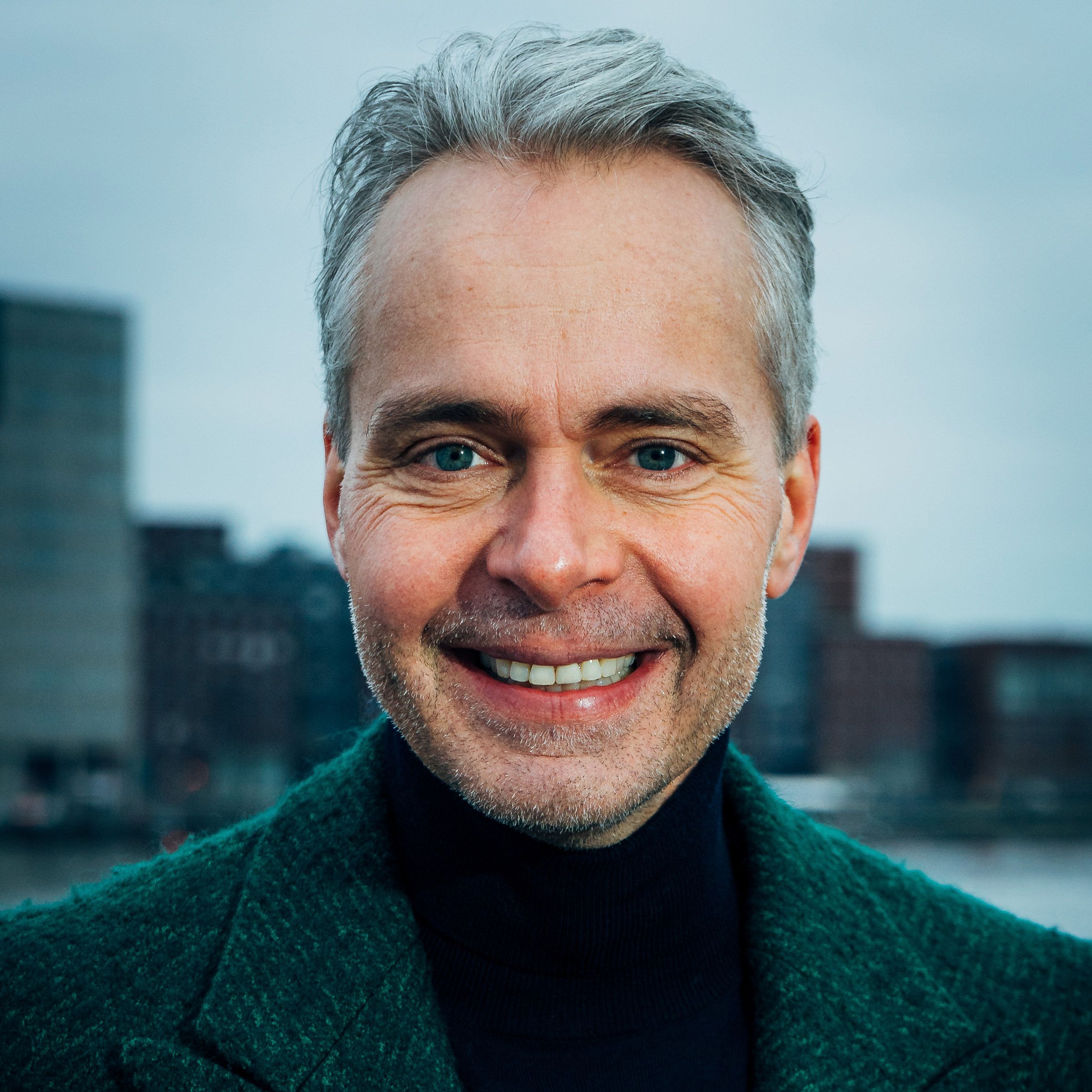
Can you give us a brief intro into your role and your experience in the hotel sector?
When asked this question I must explain that hospitality is like this beautiful accident on my part. I studied business economics at university and then started working in the financial services industry, and I had a great career, but I was lacking the passion for the industry.
So, I knew I needed a change as the sector wasn't the right industry for me. After being introduced to client of a friend who was investing in hotels, I started doing Mergers and acquisitions (M&A) work as an advisor, which is where my career in hospitality started.
I soon fell in love with the industry, but my role was not right. I was a consultant and often had thoughts that I could do better than some of the clients I was working with. When you have those thoughts, sometimes you need to stop thinking and start doing and that’s when Conscious Hotels was born. We developed our own concept, eco sexy, big smiles – which forms the three pillars of our hotel, eco being the eco-friendly initiatives we have in place which arises from my love for the planet and making valuable change. The sexy references how we make sustainability attractive to our guests and big smiles, which I feel is what hospitality represents; creating hotspots, places where people meet, have a good time and enjoy beautiful food and drinks, and a fun and inclusive team culture.
What does a great guest experience look like at a Conscious Hotel? What makes it unique?
A sustainable, seamless, and fun guest journey. It's also important to make sure that we have a modern, seamless guest experience. I think there's still too many hotels out there that just still even have the traditional receptionist asking the same questions as you shared with them during your booking. Our guests want to make the most out of their time in the city their visiting, but when they need us, we’re here and we are happy to support and provide suggestions to make their stay in Amsterdam a memorable one.
.png)
Have you seen any changes in your guests over the years? Have their expectations changed?
15 years back, sustainability was not important to our guests at all. Nowadays they find our hotel and think it looks brilliant… then they realise it is also sustainable. The nicest compliments come from the guests who booked because we have a nice design or we're in the right location. And then at the end of their stay they also mention sustainability factors and being surprised that you can love the planet without taking the sexy out of eco. To hear that in the closing remarks leaves a great taste – it shows we’re doing it right.
How do convey your message about your sustainable credentials?
I actually get criticised sometimes that as a brand we're too modest in our messaging. However, I don’t believe in presenting a really serious tone of voice. We've always been quirky and personal in our guest communication. We aim to convey that it’s funky to be sustainable. And then I believe in also being authentic. For example, there are certain things that are not 100% sustainable yet – such as the mandatory fire-retardant paste on pipes to keep hotels safe within Fire Protection laws – so we like to be honest about the areas we are not yet sustainable.
.png)
What innovative or exciting new products have you implemented into the hotel recently that you would recommend to other hoteliers?
It is not a product; it is a policy to be 100% vegan and 100% organic which has a lot of impact.
You need a menu and a chef that can work with this. There will be still people that don't like it and it’s a little bit more expensive as requires more hours in the kitchen – but it also requires cheaper products compared to meat.
We work with a lot of pickled and fermented vegetables - it is an old trade, and this is the way to keep seasonal vegetables ok for longer. We do this because otherwise in winter you will not have any vegetables when your aim is to buy local product. Vegetables are full of vitamins and are great for gut health which is great for our guests.
How do you approach staff training with your teams to make sure that they're aligned the Conscious Hotel brand ethos?
We have sustainability training as part of their onboarding process, and it becomes part of our employee appraisals, so the training is always there. Our beliefs are shared, and we don’t have one sustainability officer we have over 100 working with us. Each department has their own targets to improve sustainability in their team so the awareness and approach to sustainability is deeply embedded throughout in the employee journey and definitely doesn’t end with the onboarding process. Sustainability and implementing changes that are good for the planet and the guests are essential for us at Conscious Hotels, so any employee that works here needs to be open to having this same attitude with their work.
.png)
Do you have any plans for growing the Conscious Hotel brand?
Yes, we are! Last year, we had an investor come on board, so now we have the financial means to grow. Together we're going to move into Europe focusing on cluster hotels in key hubs across Europe instead of individual cities. We currently have 318 rooms, 2 restaurants and two coffee concepts, 18000 trees planted and, and we're going to expand the brand with some restaurants and coffee bars, but our primary focus will remain within hotels and we are aiming going to grow towards 2500 rooms before 2030.
Are there any innovations or developments in the industry that which you're most excited about?
There’s definitely one thing. A hotel in an urban situation will have difficulties being self-sufficient when producing energy and therefore it is a big challenge actually becoming energy self-sufficient. In our 2 biggest hotels we have an ATES (auqafier thermal energy storage) which is a system where you store and exchange heat from the summer with the cold form the winter.
You can safe 30-50% of energy consumption, but where do you get the other half of the energy from? It is hard to produce it on site in an urban situation. Applying wind turbines is often not a viable option. You can have solar panels, but the roof usually compared to the square metres, is too small. We've been working on a hotel where the facades are completely covered in solar panels but even that does not result in an energy neutral hotel all year round.
So how else can you work with your surroundings?
I work with my neighbours and community. Maybe there are unused neighbouring roofs that can be used to harvest more solar energy. And there is a lot of sustainable innovations that will help us being more kind to the planet. Marianne van Obel is someone very inspiring, she is a Dutch designer, and she is creating sculptures that absorb light. So, you could have a beautiful sculpture in your hotel lobby – where the engine system is algae cells, I think this is very cool.
Using algae's is a really interesting development – but this just a recommendation. You always need to look outside of just the hotel building for solutions which is what we do whilst working with our local communities as much as we can.
Hear more from Marco at Independent Hotel Show Amsterdam during his session ‘Championing Eco-consciousness' at 12:00 in the Social Business Space on the 15th of March!
Marco is also shortlisted for 'Independent Hotelier of the Year'! If you wish to vote for Marco, please visit https://www.independenthotelshow.nl/en/independent-hotelier-shortlist

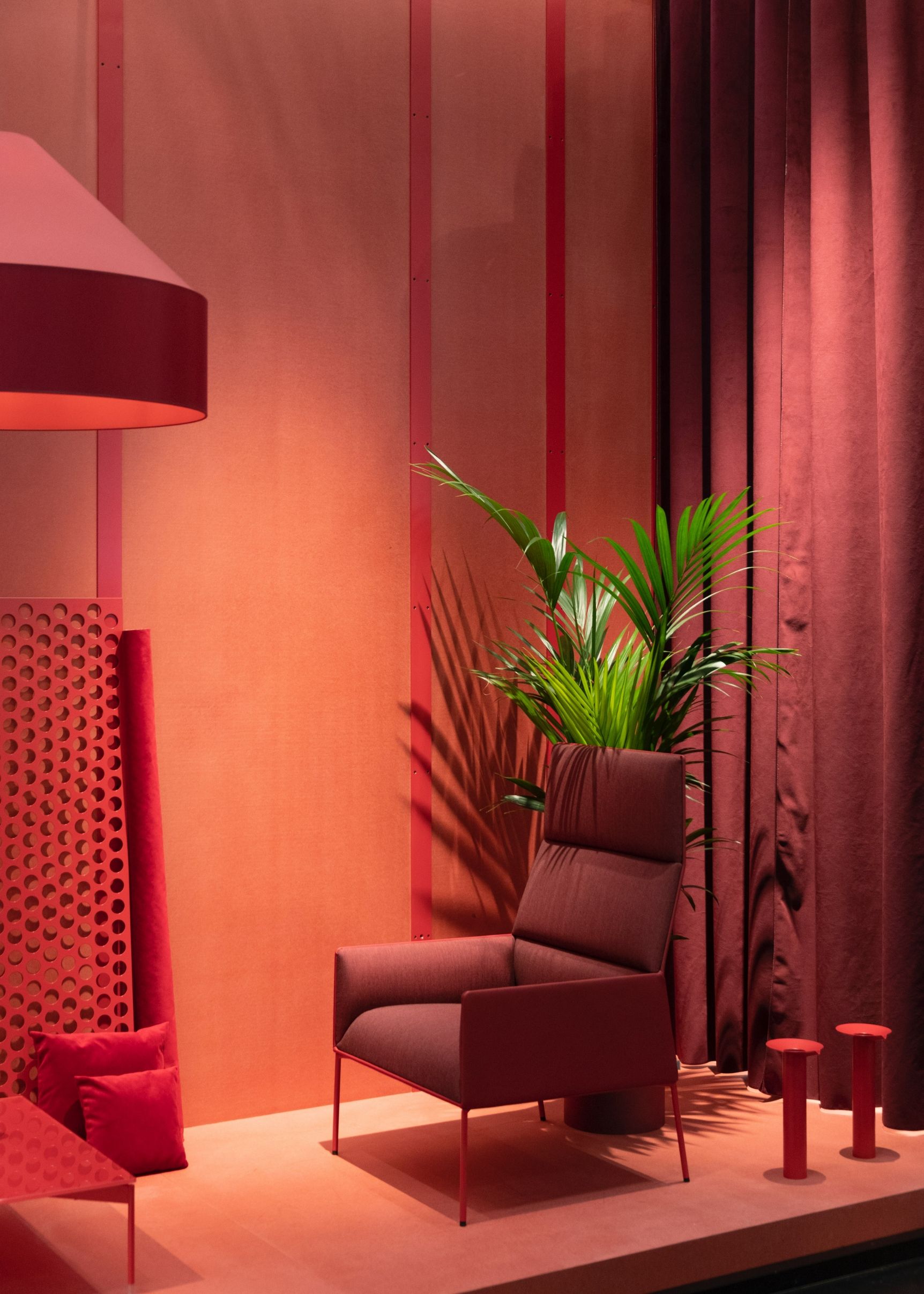










.png)

